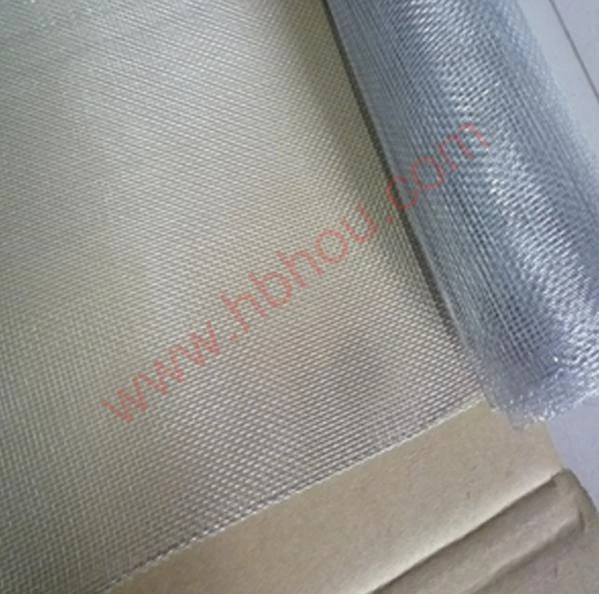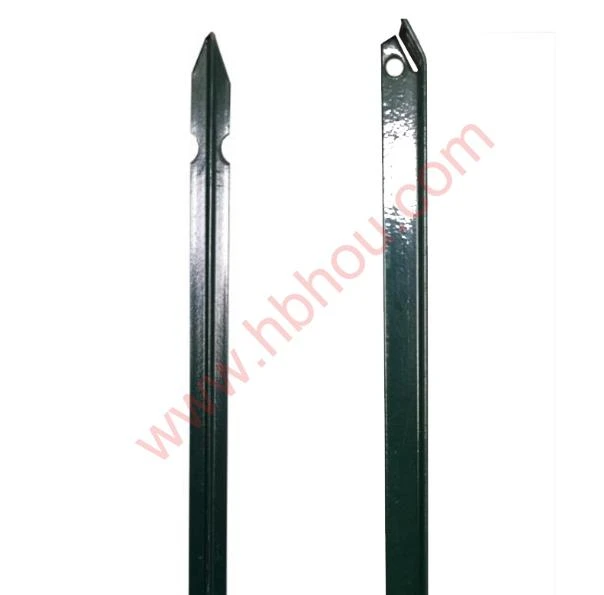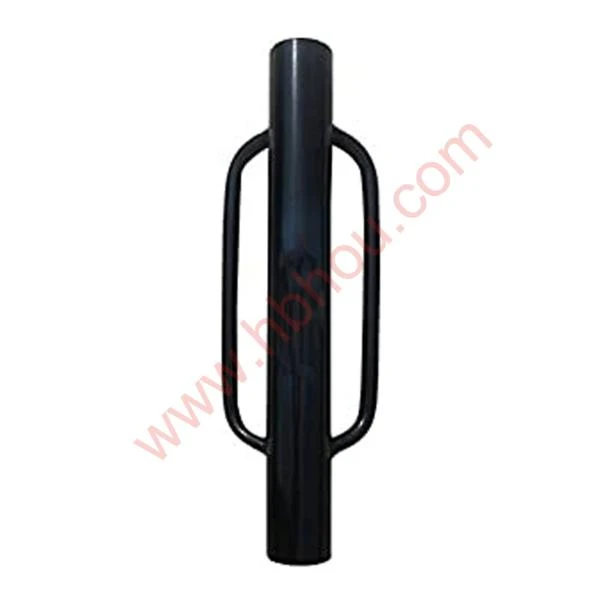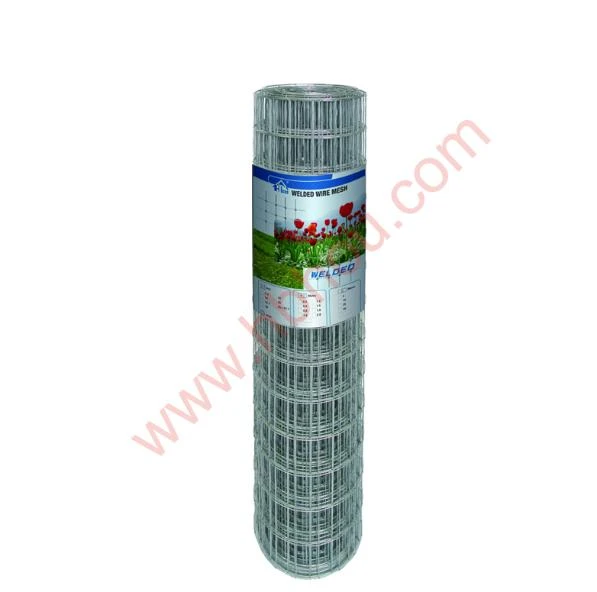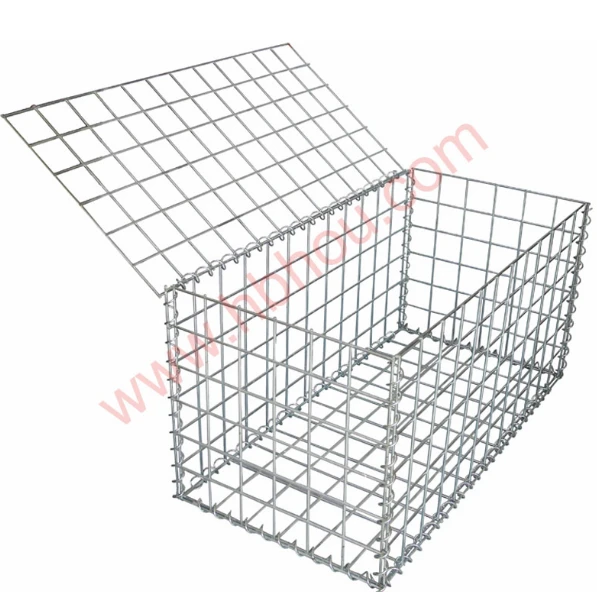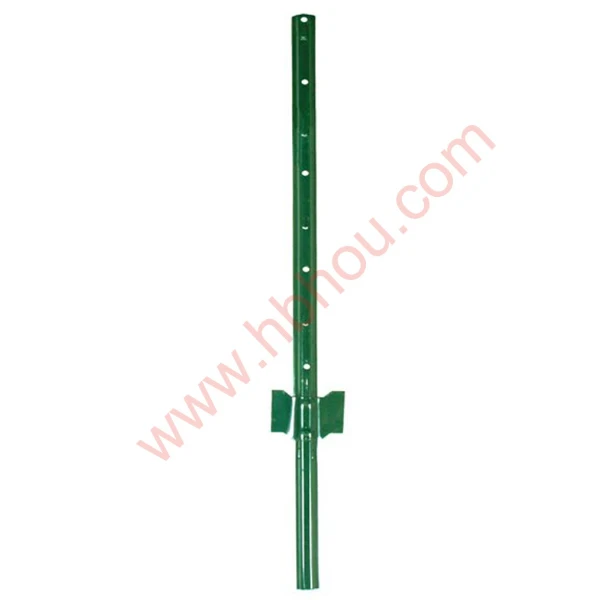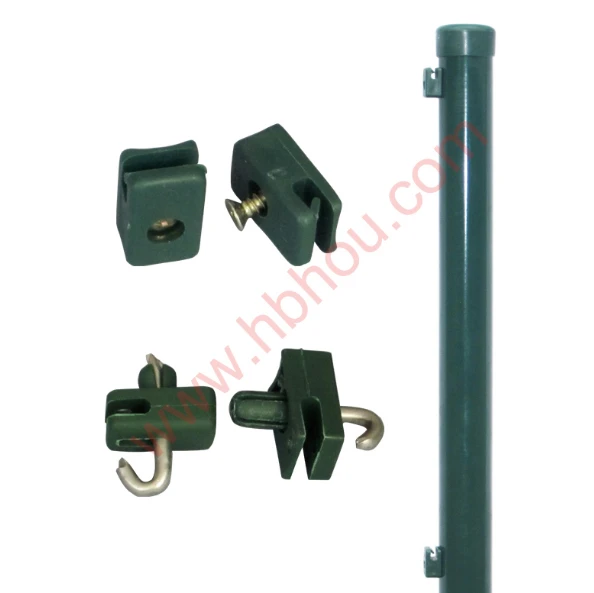Understanding the Costs of Ground Screws An In-Depth Analysis
Ground screws are becoming increasingly popular as a foundation solution for various construction projects, including buildings, fences, solar panel mounts, and more. They offer several advantages over traditional concrete foundations, such as quicker installation times, reduced labor costs, and minimal environmental impact. However, understanding the costs associated with ground screws is essential for developers, contractors, and DIY enthusiasts alike. This article will explore the factors that influence the cost of ground screws, providing you with a comprehensive understanding of what to expect.
What Are Ground Screws?
Ground screws are helical metal screws that are driven into the ground to create a stable foundation. They are designed to extend below the frost line in regions prone to freeze-thaw cycles, providing a secure anchoring point for structures. The installation involves using specialized machinery, or in some cases, manual tools for smaller projects, making them versatile for various applications.
Factors Influencing the Cost of Ground Screws
1. Material Quality The type of material used to manufacture ground screws significantly affects their cost. High-quality steel with corrosion-resistant coatings (such as galvanized or epoxy coatings) is more expensive but provides increased durability and longevity. Cheaper materials may reduce initial costs but could lead to higher replacement costs down the line due to corrosion or structural failure.
2. Size and Diameter Ground screws come in various sizes and diameters, appropriate for different loads and soil conditions. Larger screws designed for heavier loads or adverse soil conditions will cost more than smaller ones. It’s essential to select the right size based on the specific requirements of your project.
3. Installation Costs While ground screws can reduce overall project costs due to faster installation compared to traditional foundations, installation expenses still factor into the total cost. Hiring professionals with specialized equipment may increase expenses but ensures proper installation, which is crucial for the integrity of the structure. DIY installation can reduce labor costs, but it requires the right tools and expertise.
ground screws cost

4. Soil Conditions The type of soil where the ground screws will be installed significantly impacts the overall cost. Rocky or excessively sandy terrain may require additional equipment or more extensive groundwork before installation, leading to higher costs. A professional assessment of soil conditions is advisable to determine the appropriate installation method and necessary preparations.
5. Number of Screws Required The total number of ground screws needed for a project directly influences the overall cost. Larger structures require more screws, increasing materials and installation expenses. Planning and design efficiency can help minimize the number of screws without compromising stability.
Average Cost Breakdown
While prices can vary widely based on the factors mentioned above, a general breakdown of average costs for ground screws is as follows
- Ground Screw Pricing On average, ground screws range from $50 to $150 each, depending on size and material. - Installation Costs Hiring a professional installer typically adds an additional $10 to $30 per screw, depending on the complexity of the installation. - Site Preparation If additional groundwork is necessary, costs can vary widely but may add several hundred dollars to the overall expense.
Overall, the total cost of installing ground screws can range from $1,000 to $5,000 or more, depending on the size and scope of the project.
Conclusion
Investing in ground screws can offer significant advantages over traditional foundations, including speed, cost-efficiency, and environmental benefits. However, understanding the various factors that influence costs is essential for any construction project. By considering material quality, size, installation methods, soil conditions, and the number of screws needed, you can create a more accurate budget and make informed decisions. As the construction industry continues to evolve, embracing innovative solutions like ground screws may offer both economic and practical benefits, making them worth considering in your next project.









